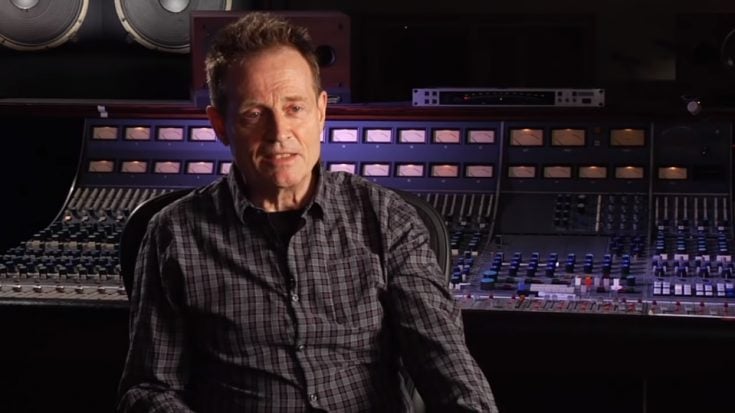John Paul Jones Explains Why Led Zeppelin Never Got To Be Like The Beatles

John Paul Jones talks about his musical upbringing, how he came to play the bass guitar and mandolin, and more. - Elixir Strings / Youtube
Led Zeppelin and The Beatles are often mentioned in the same breath when talking about the greatest bands of all time. Both groups revolutionized the music scene in their own way and continue to influence generations of artists and fans. But despite their shared nationality and global impact, the two bands followed very different paths.
John Paul Jones, the multi-instrumentalist and bassist of Led Zeppelin, once spoke about why his band never reached the same level of mainstream saturation as The Beatles. In his view, the divergence had little to do with the quality of music and more to do with choices made outside the studio. While The Beatles embraced global media and entertainment opportunities, Led Zeppelin opted for a quieter approach.
Jones wasn’t lamenting the difference—if anything, he seemed at peace with it. The Beatles wanted to conquer the world in as many ways as possible, while Zeppelin kept their focus on their music. As a result, the two bands became legends for very different reasons.
Not Built for the Spotlight
According to Jones, one of the major differences was how each band interacted with the public eye. The Beatles were eager participants in the media circus. They did press tours, starred in movies, and made regular television appearances. Led Zeppelin, on the other hand, stayed far from that limelight.
Jones recalled being surprised when people would ask if Led Zeppelin was planning to make a film. For him, the idea felt foreign. The band didn’t operate like that—they weren’t interested in branding themselves beyond the music. Their lack of involvement in film or television wasn’t accidental; it was a conscious decision.
This reclusive approach helped them avoid the tabloid drama that often engulfed The Beatles and other rock icons of the era. While The Beatles were stirring up headlines with controversial statements and public feuds, Zeppelin maintained a mystique that worked to their advantage.
View this post on Instagram
Focused on the Music
For Led Zeppelin, the music was the mission. Unlike The Beatles, who diversified into filmmaking and merchandise, Zeppelin’s members viewed themselves strictly as musicians. Their energy went into songwriting, live performances, and pushing the boundaries of rock music.
Jones emphasized that the band didn’t see themselves as a multimedia operation. They were just four artists doing what they loved: making powerful, genre-defying music. Their albums were complex and ambitious, but their public image was intentionally minimalistic.
That level of focus allowed Zeppelin to develop a sound that was all their own. Without distraction from film shoots or product endorsements, they carved out a path based entirely on musical innovation and raw performance.
View this post on Instagram
Legacy Without the Media Machine
Despite not playing the game the way The Beatles did, Led Zeppelin still reached monumental success. Their choice to avoid the media spotlight insulated them from much of the criticism and controversy that plagued other bands. As a result, they preserved a kind of timelessness that remains intact today.
Jones seemed to suggest that not chasing mass media attention may have benefited the band in the long run. Their reputation was built on their music and legendary live shows, not television interviews or box office numbers. They became legends by staying focused on their core.
While The Beatles became cultural icons through media saturation, Led Zeppelin built their myth through mystique. According to John Paul Jones, that was always the plan—and it worked.
View this post on Instagram











